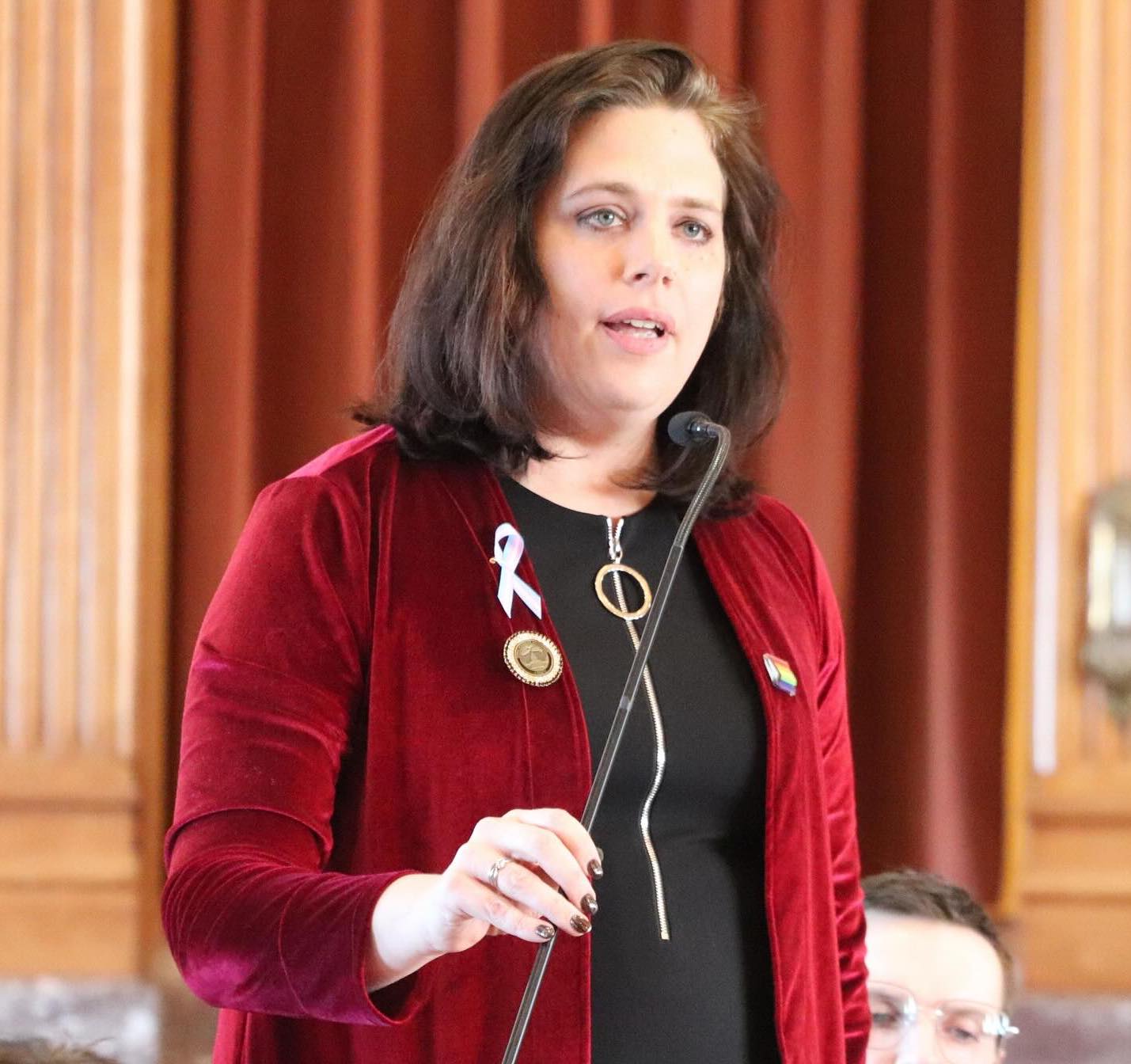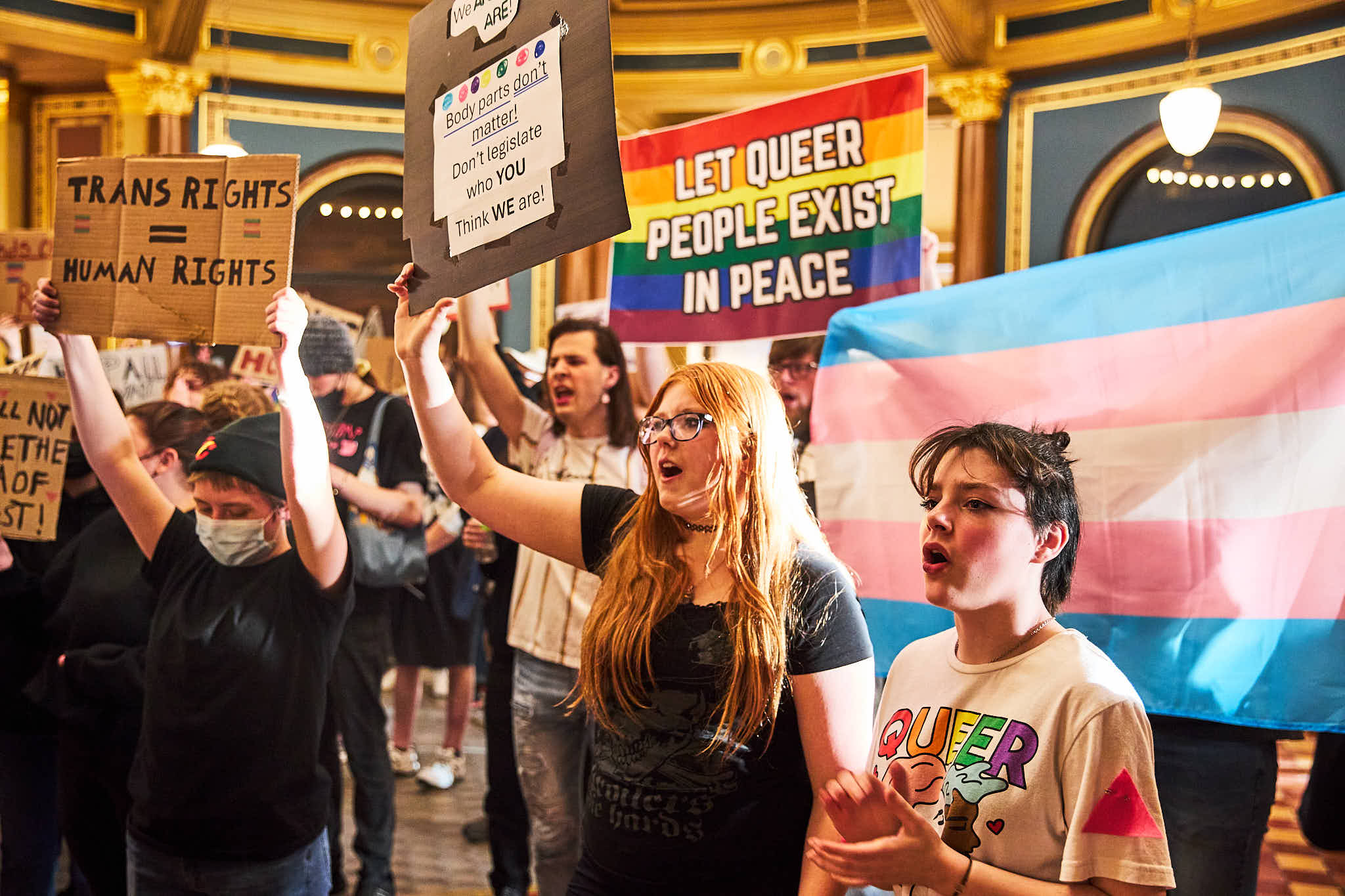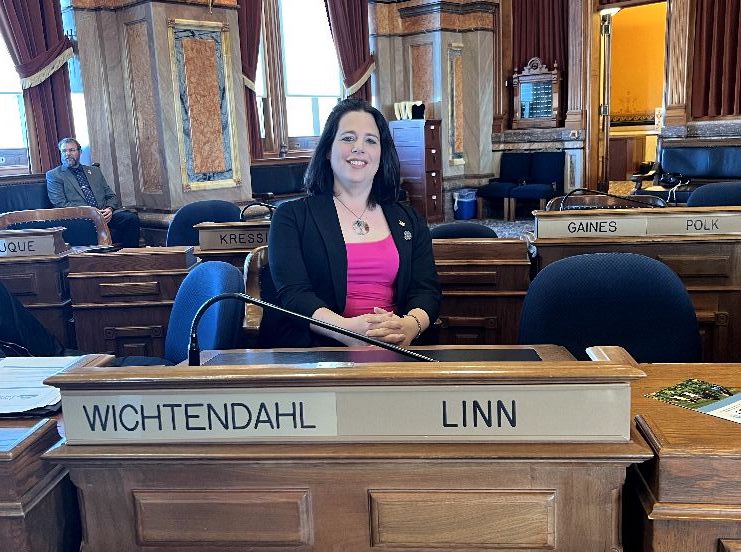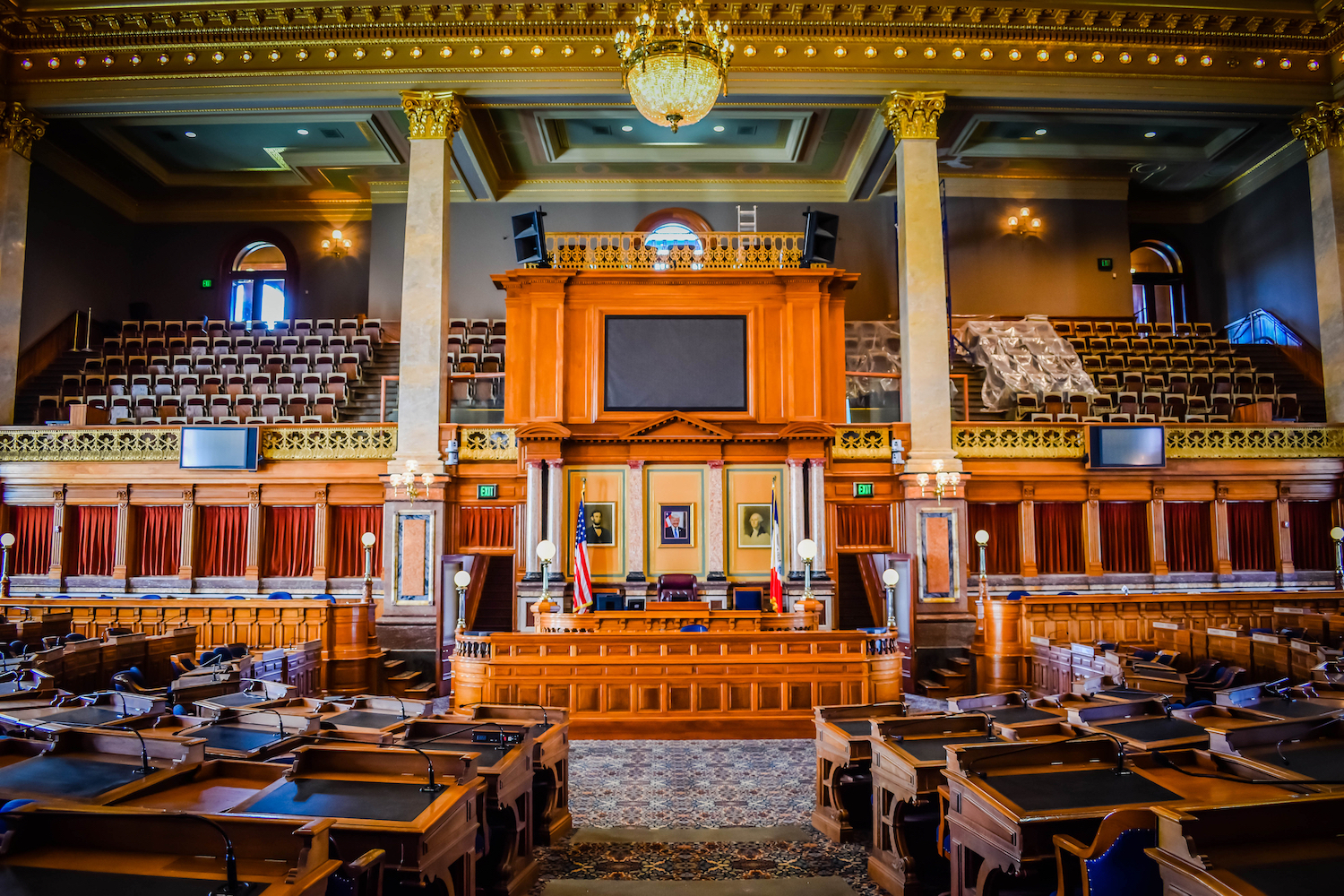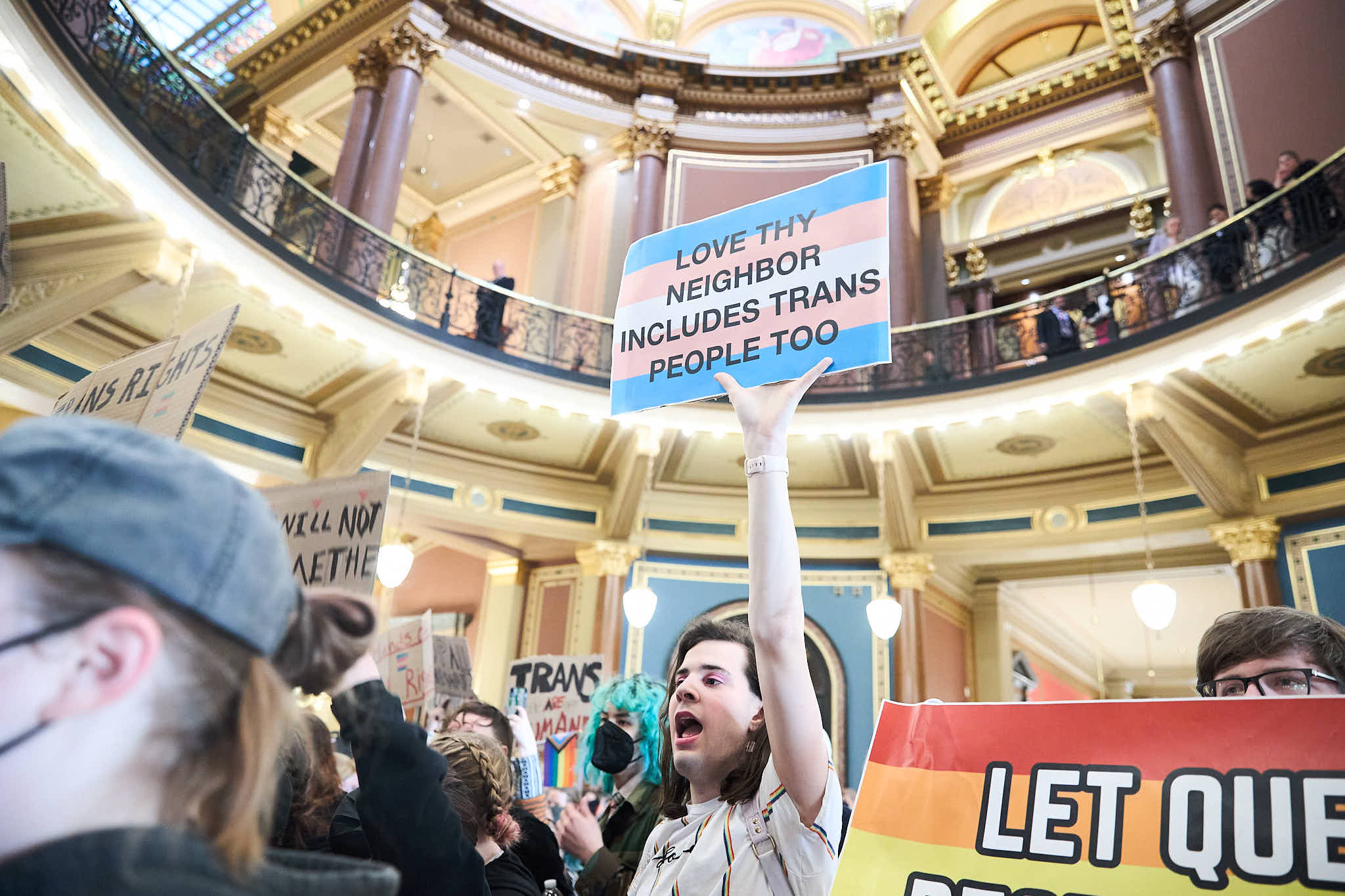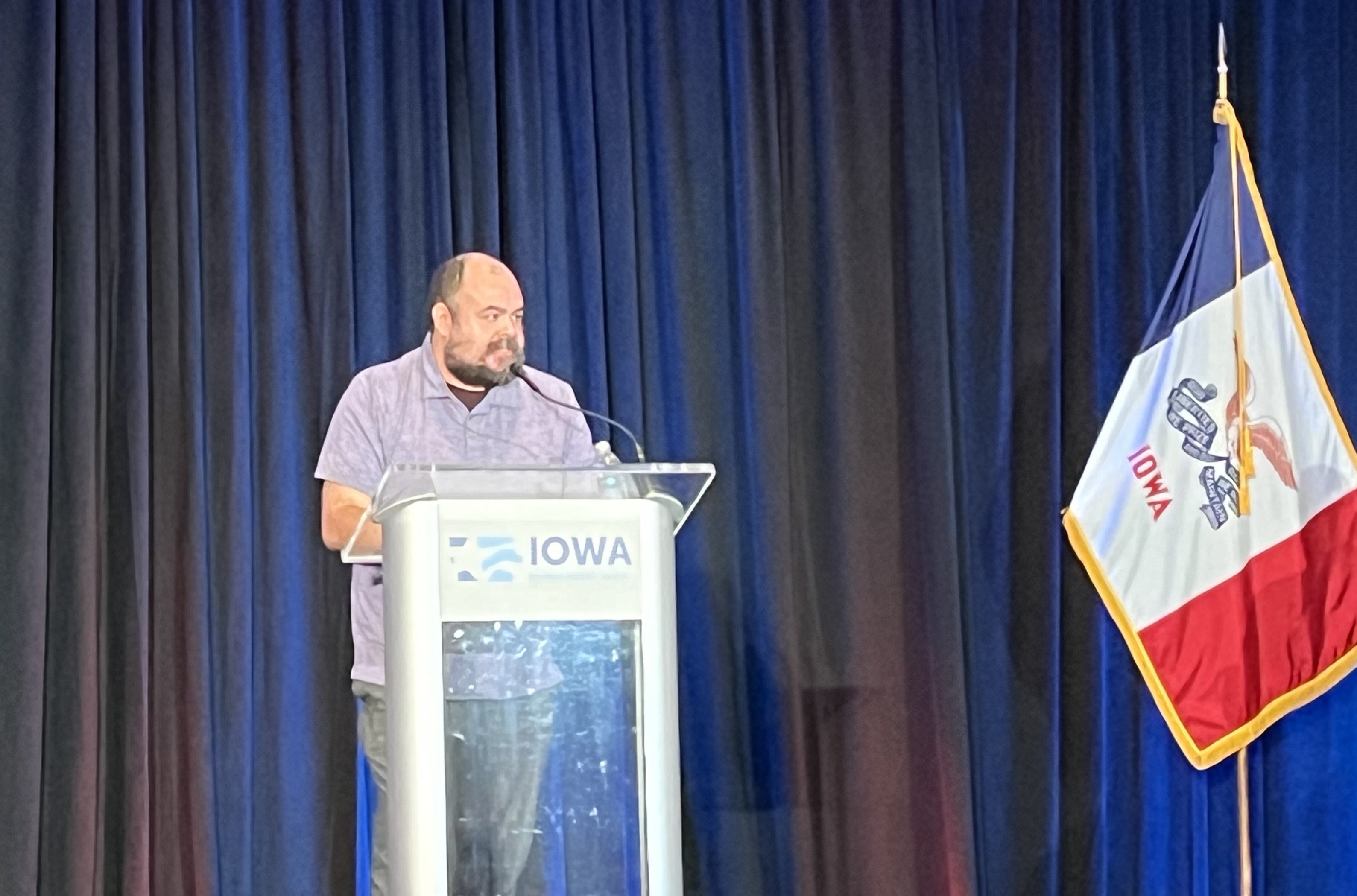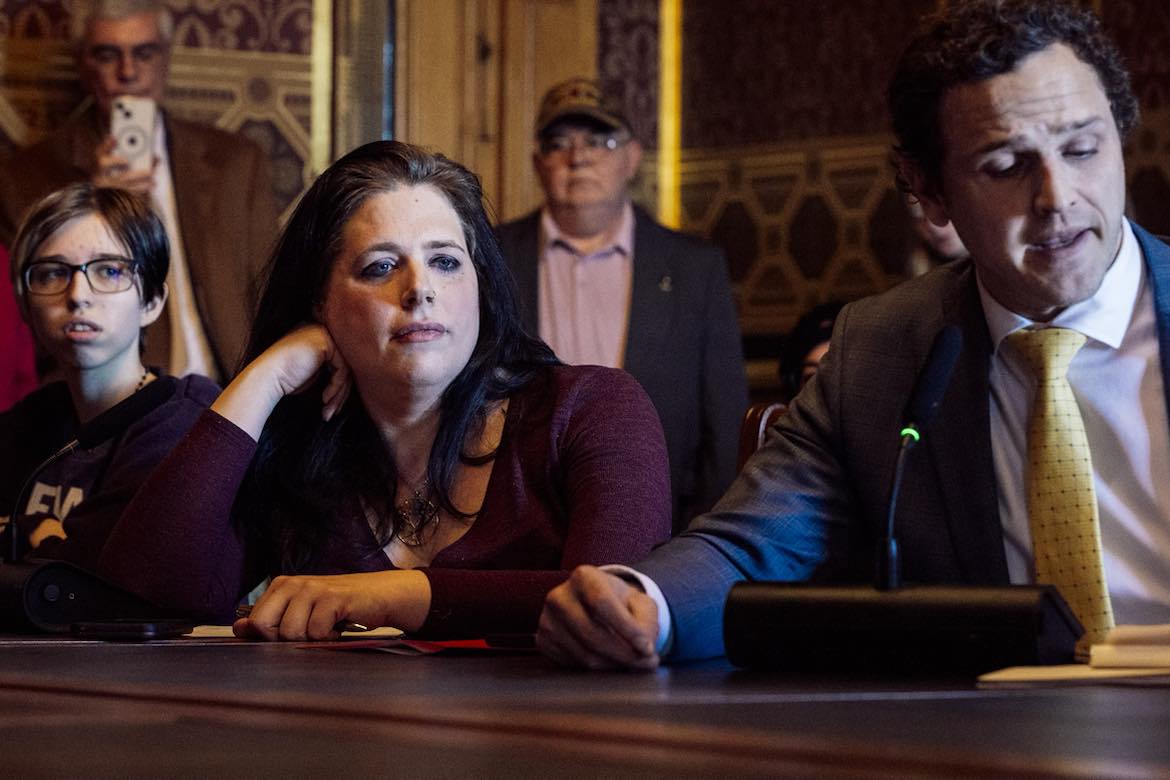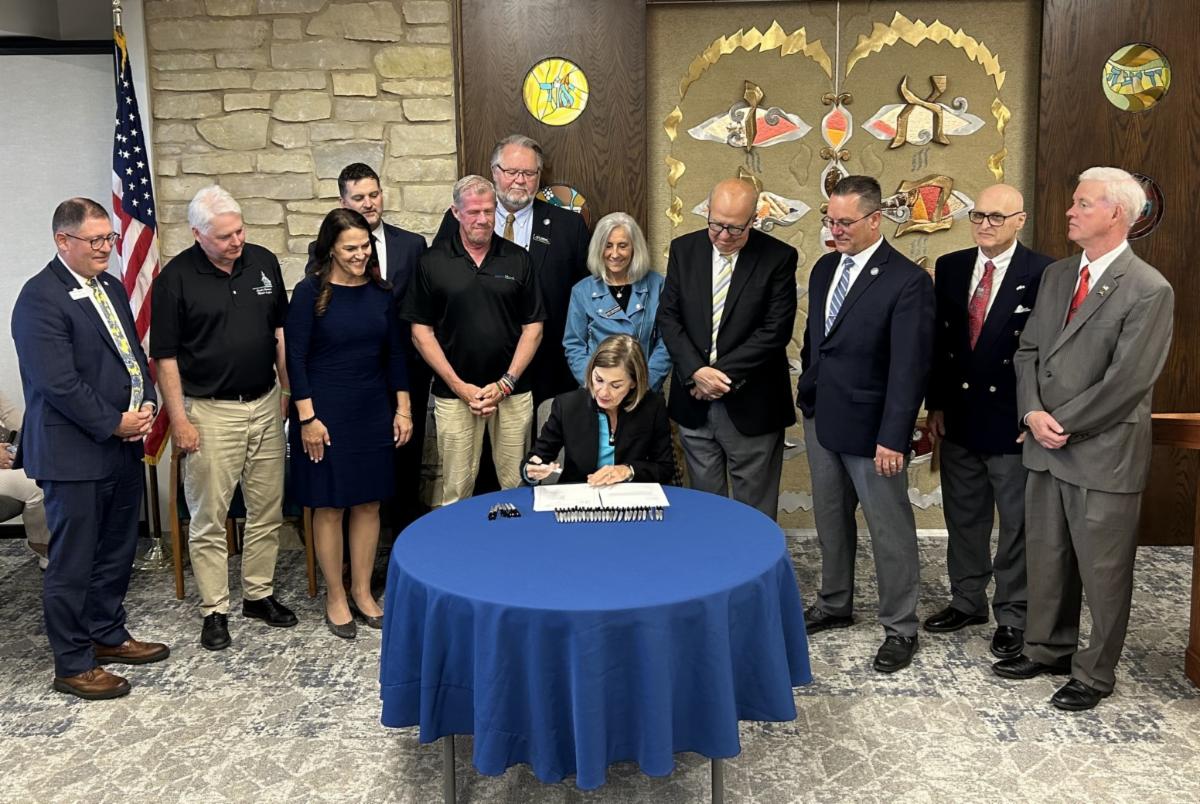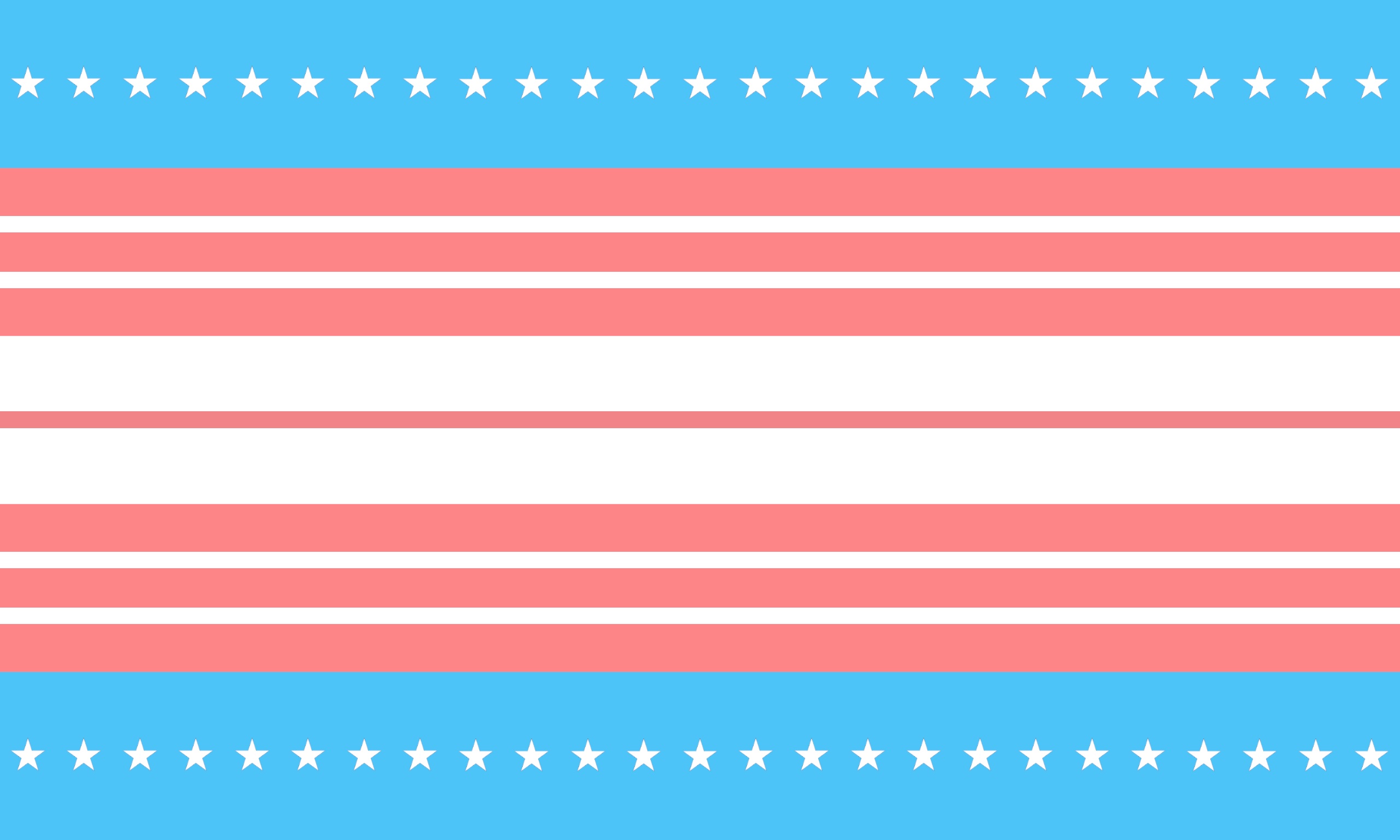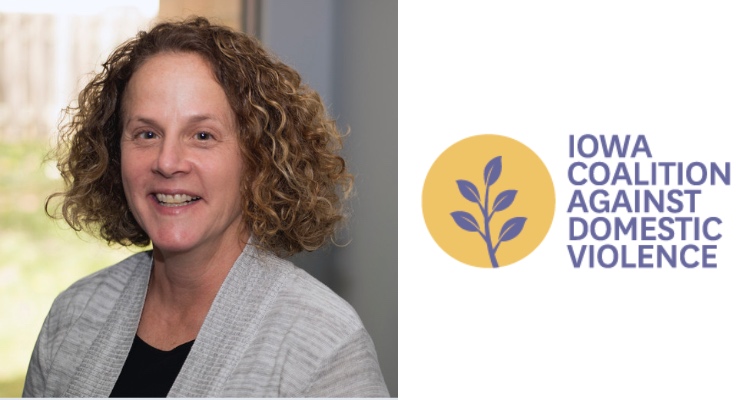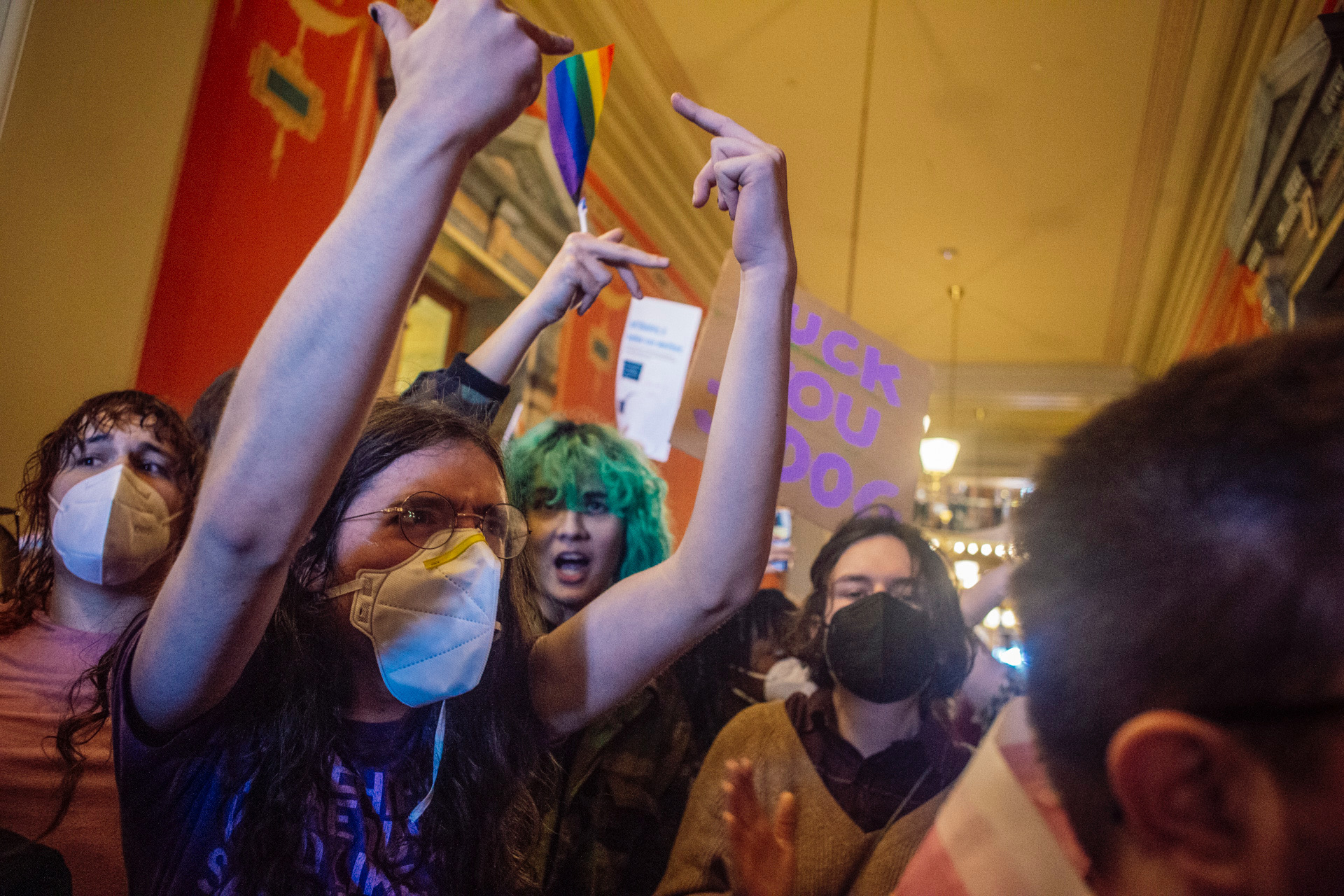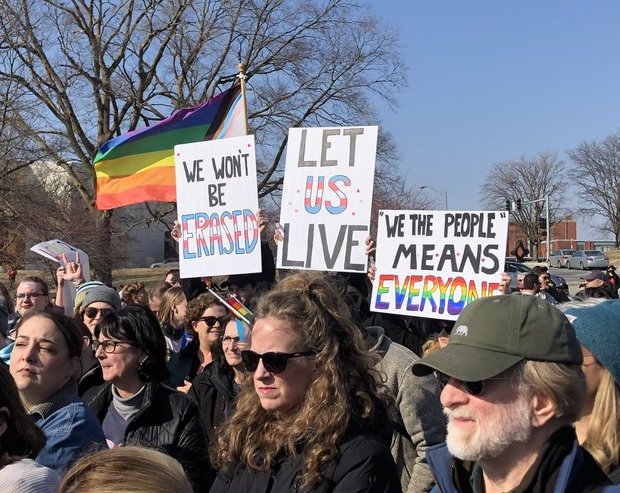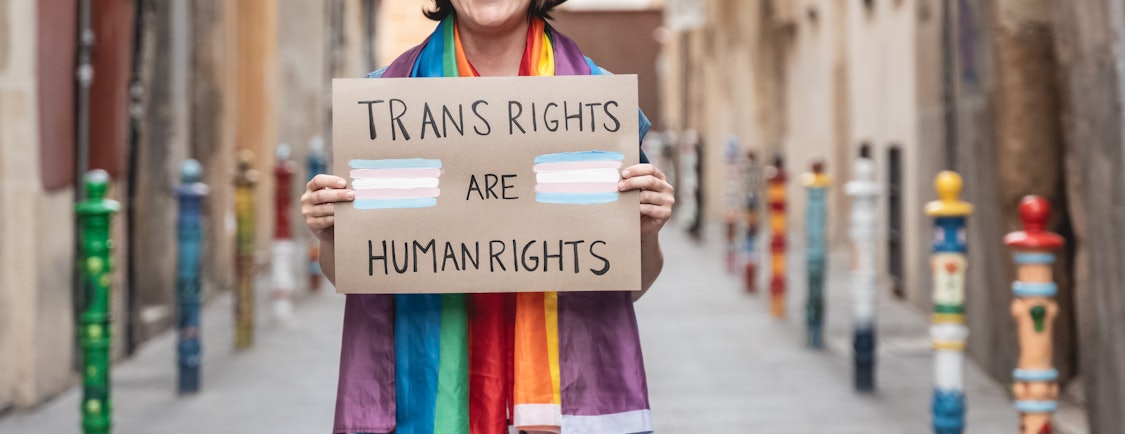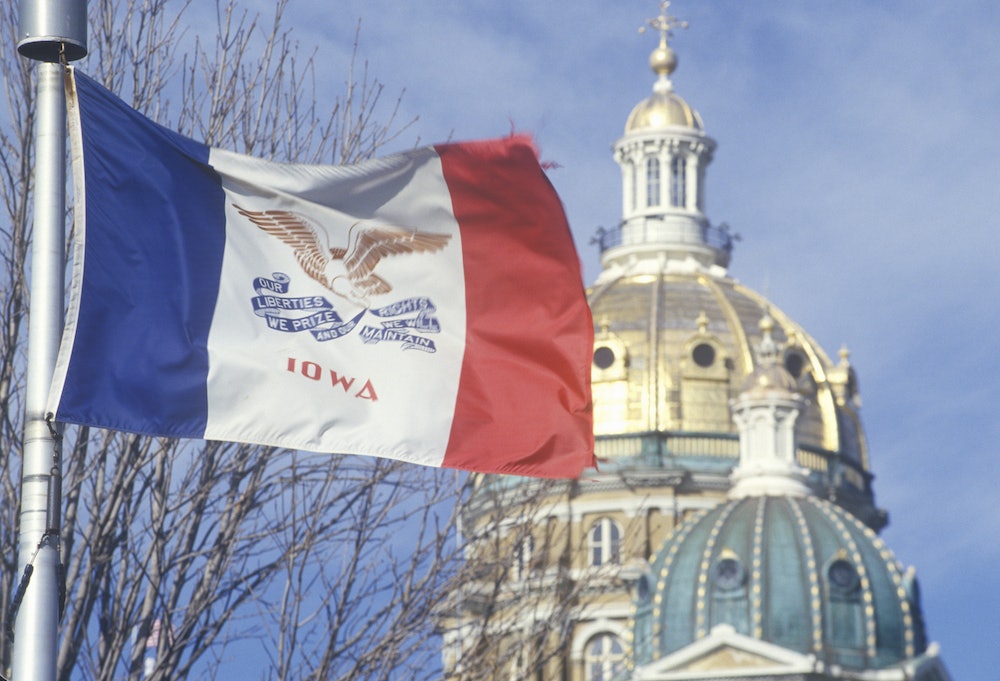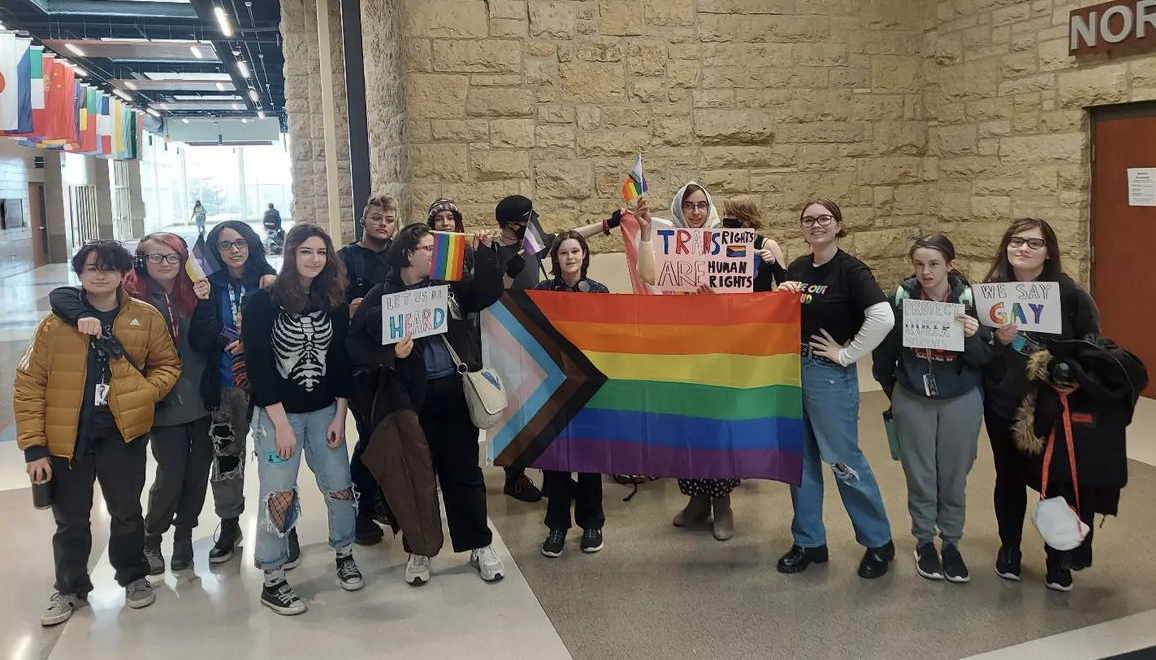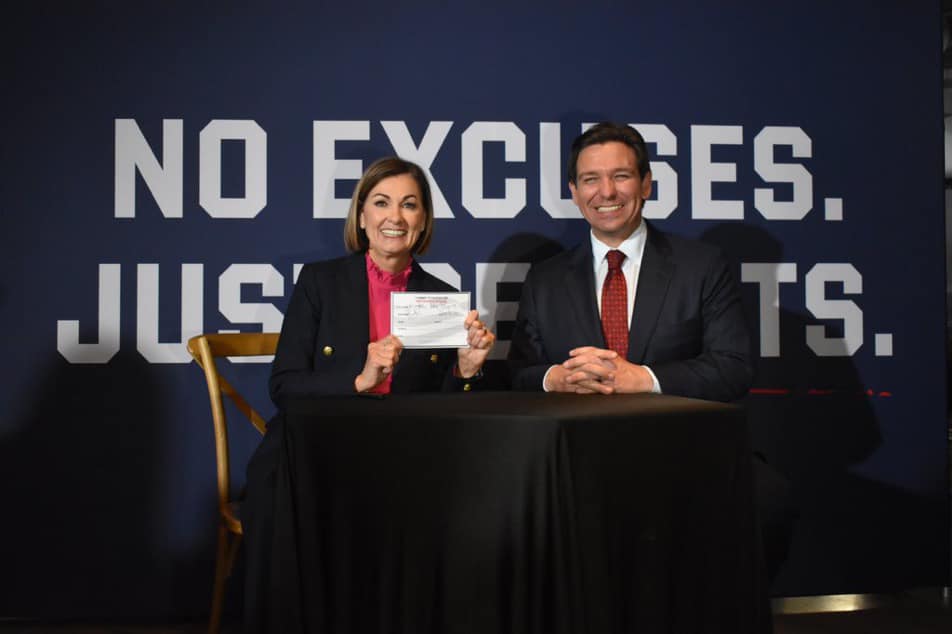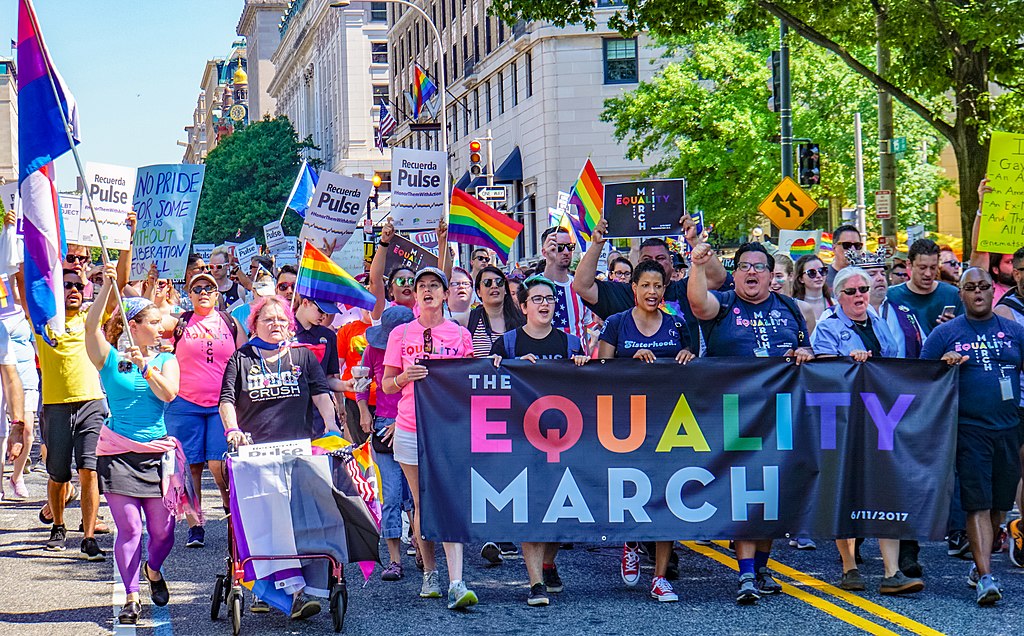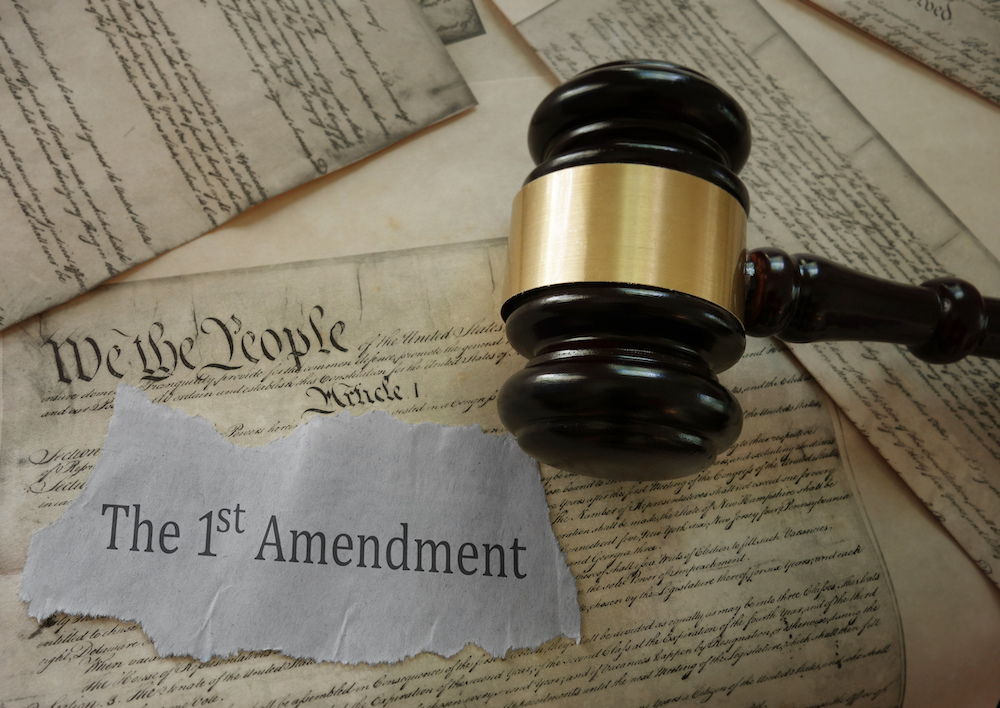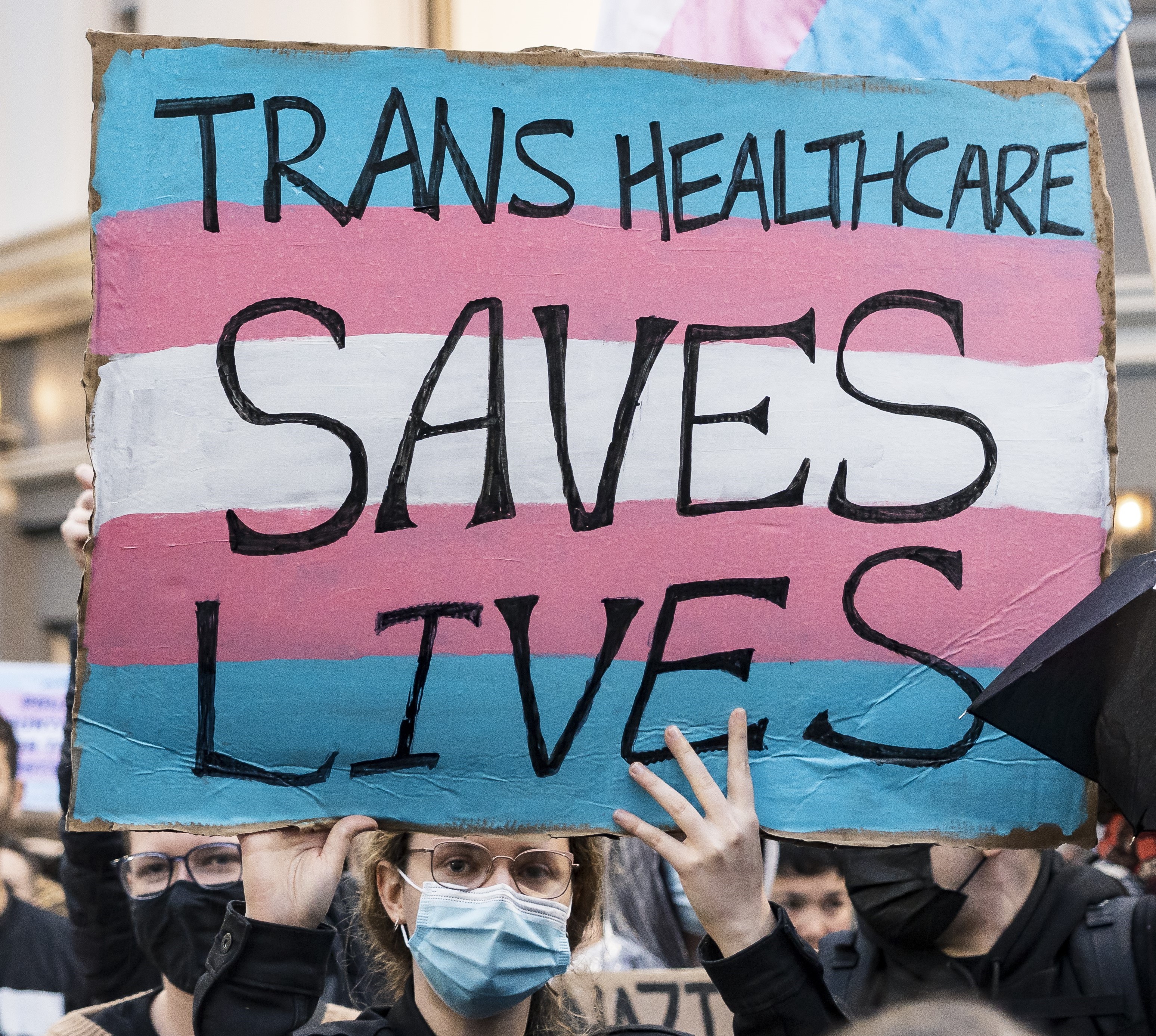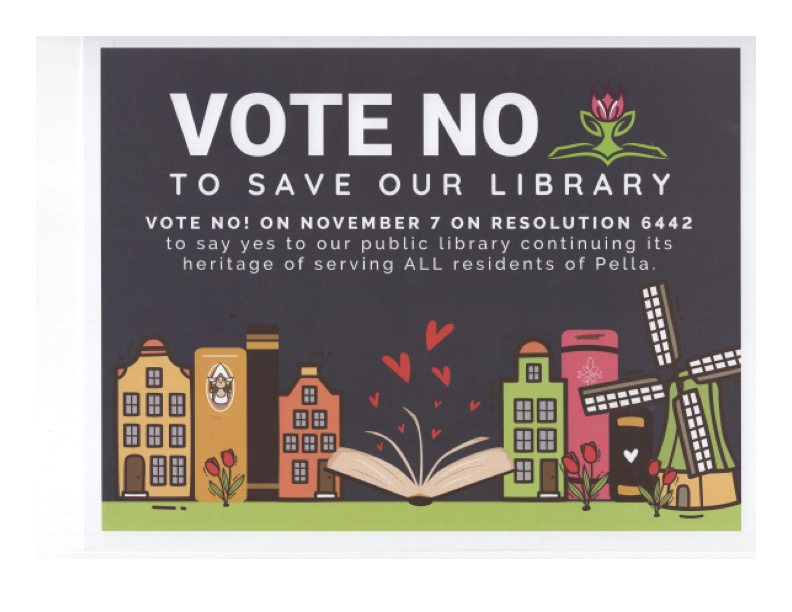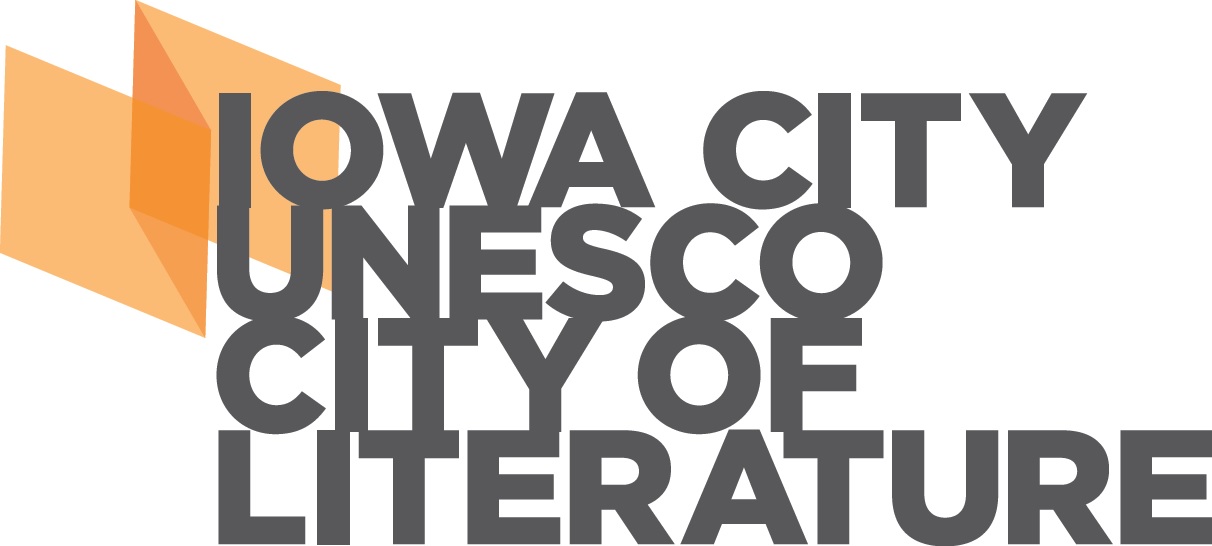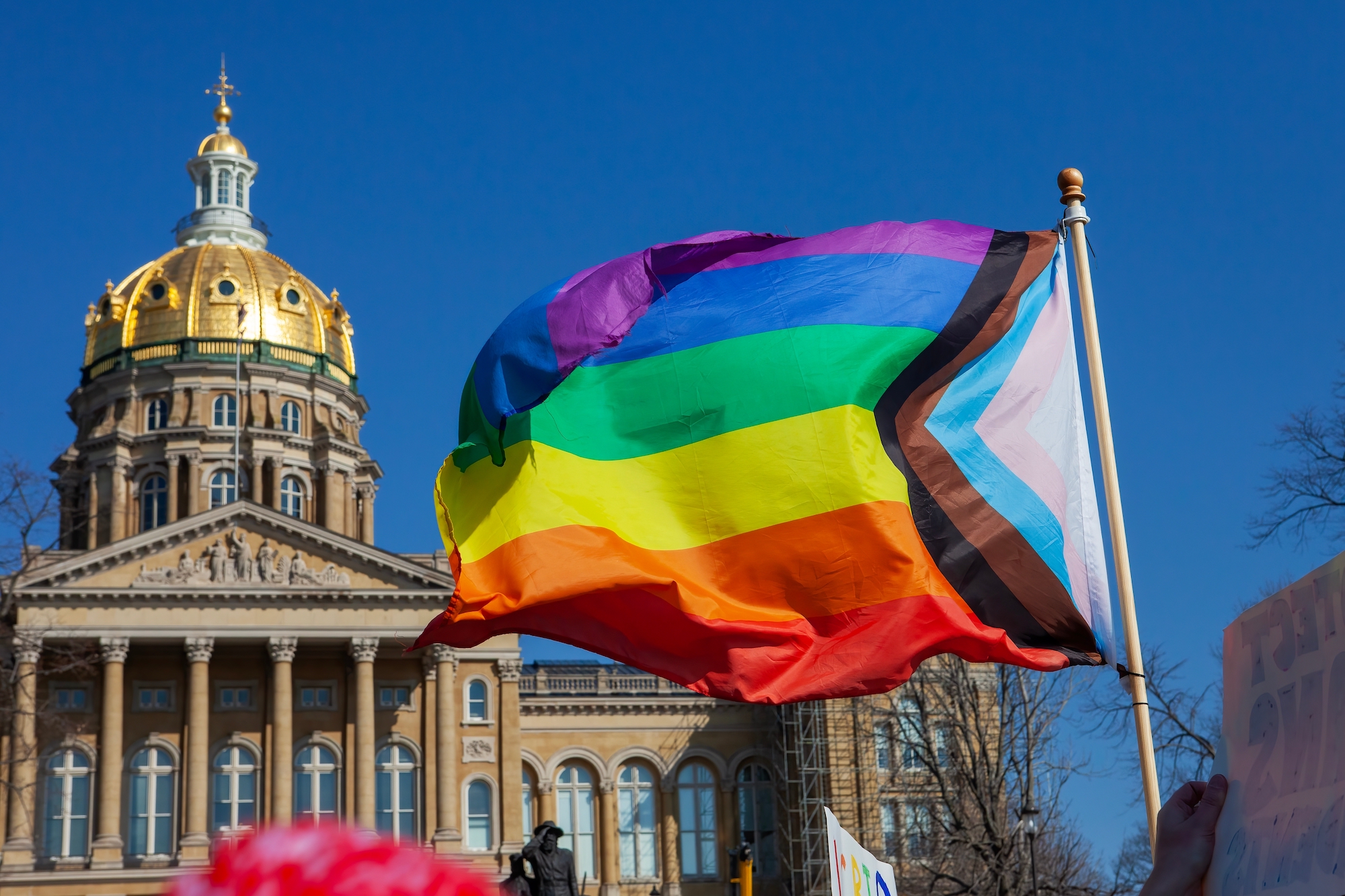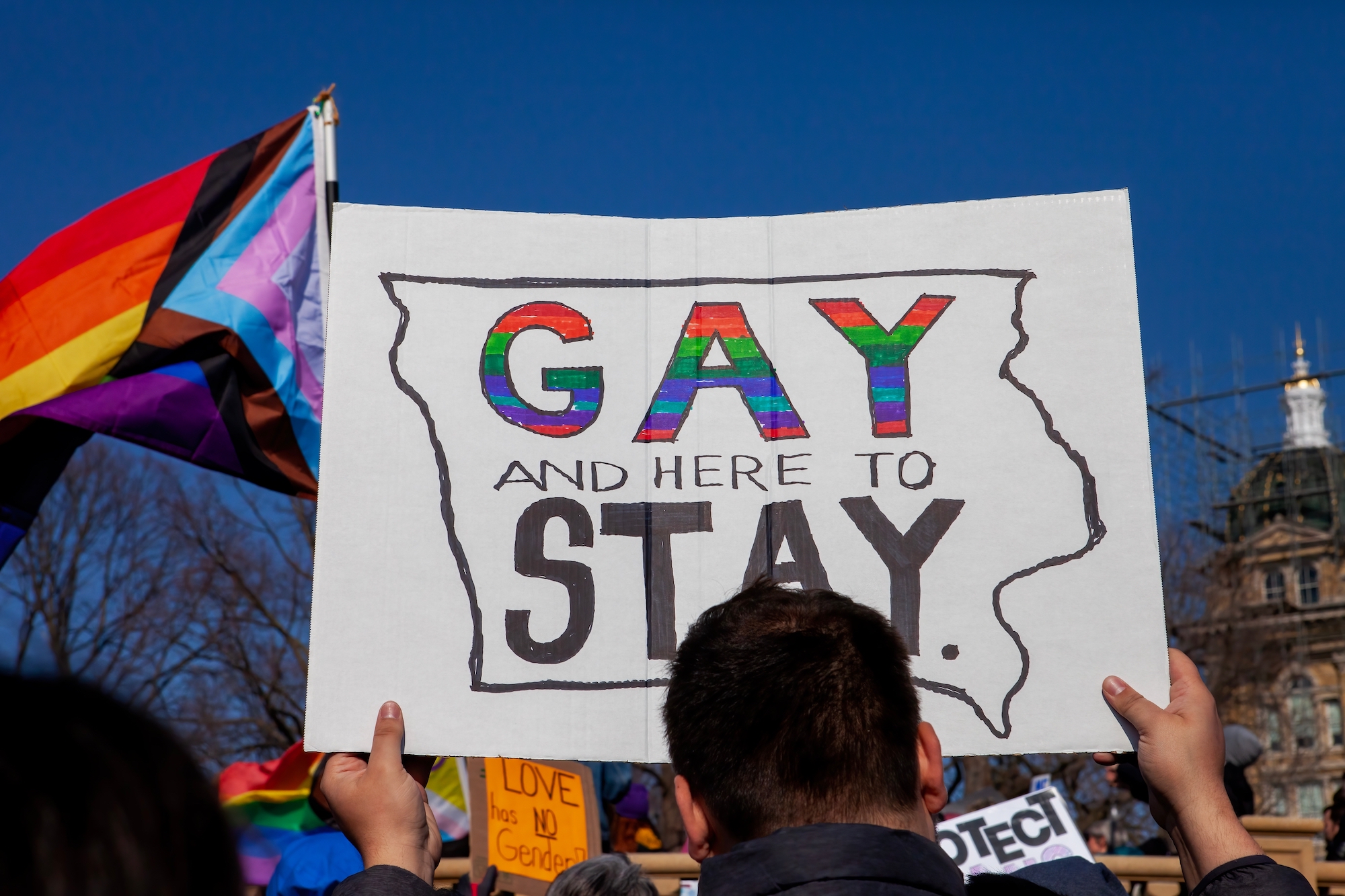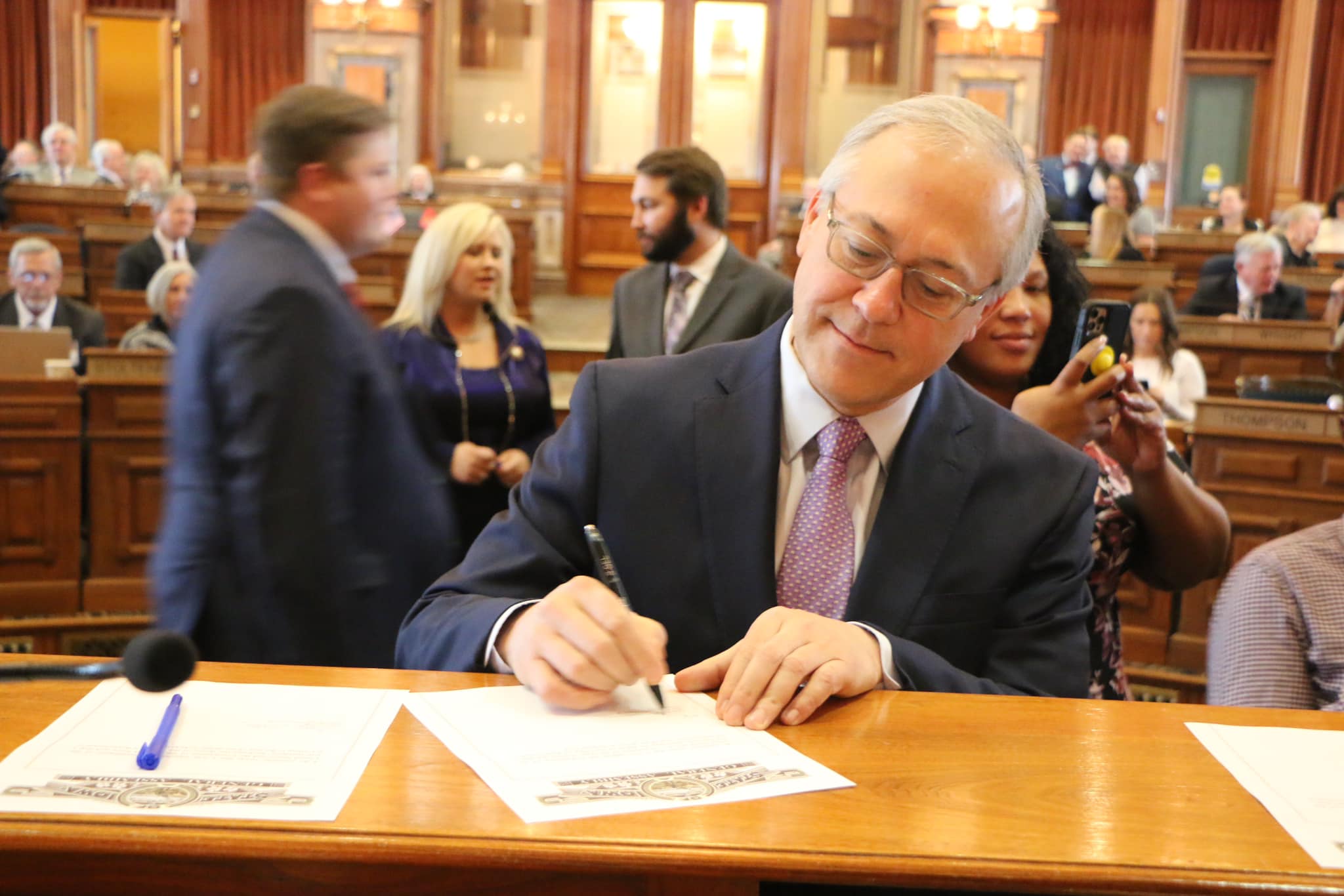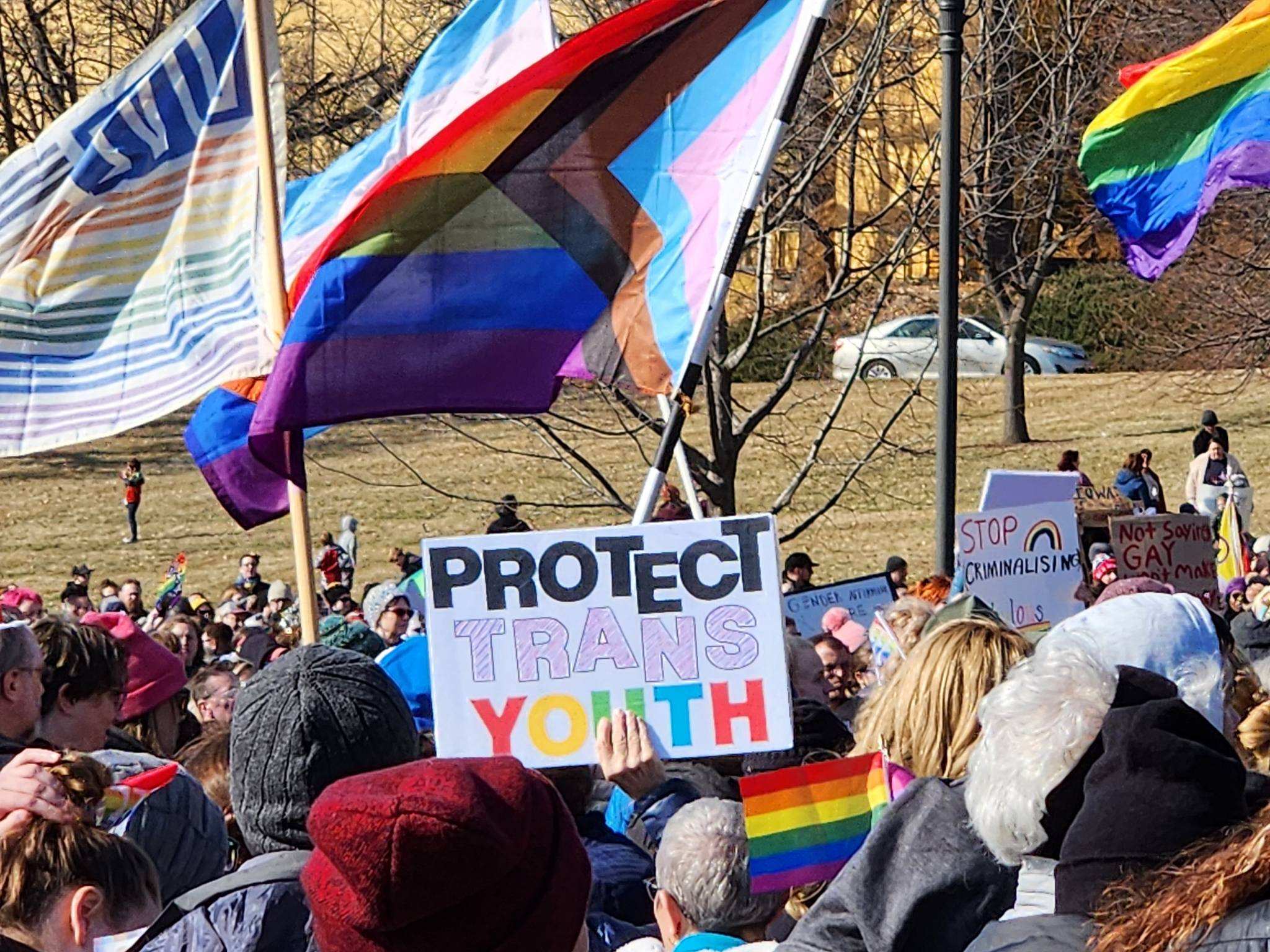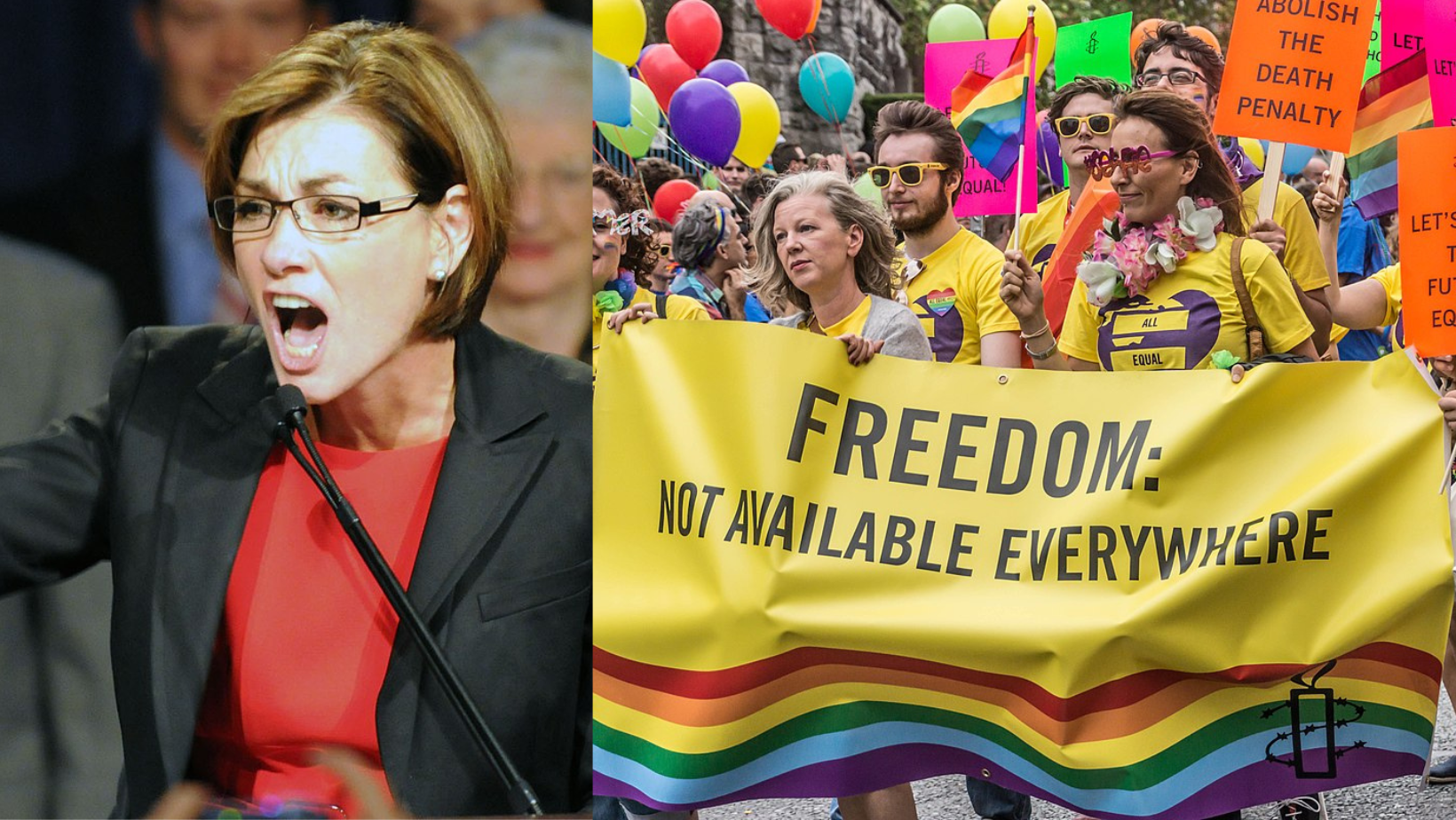City leaders in Essex, a town of about 722 people, ignored warnings about the First Amendment when they prevented local LGBTQ residents from participating in the town’s Labor Day parade on September 4.
Shenandoah Pride represents LGBTQ people in several towns in southwest Iowa’s Page County. The group had signed up months ago to participate in the Essex Labor Day parade, a longstanding community event. Local drag performer Cherry Peaks was going to ride in a convertible and wave. But Essex Mayor Calvin Kinney emailed Peaks on August 31 to say,
Out of concern for the safety of the public and that of Essex Labor Day parade participants, the City of Essex has determined not to allow parade participants geared toward the promotion of, or opposition to, the politically charged topic of gender and/or sexual identification/orientation.
This parade will not be used for and will not allow sexual identification or sexual orientation agendas for, or against, to be promoted.
The Essex City Council held a special meeting on September 1 to discuss the matter but did not reverse the decision. Jack Dura of the Associated Press reported that the city council didn’t vote on the mayor’s action: “Council Member Heather Thornton, who disagreed with the move, said ‘it was the mayor himself,’ and added she was told he had the authority and didn’t need a council vote.”
“I DON’T EXPECT A CITY COUNCIL TO MAKE THAT DECISION ON MY BEHALF”
Jessa Bears, a member of Shenandoah Pride, challenged the pretext for the city’s action in a September 2 Facebook post. She noted that the mayor repeatedly invoked “safety” at the meeting, but “no one on the Shenandoah pride team has seen or heard about the threats” from what he described as an opposition group. Bears wondered why the alleged safety threats weren’t “being addressed appropriately,” and why leaders were “protecting the identities of the people or group” said to be making the threats.
She also noted,
I think any queer person in southwest Iowa understands the risk they run when they choose to be openly queer in this community. We know there’s a danger, safety has been a part of every discussion in Shen Pride before we go out in public. I believe I’m responsible for making decisions about my own personal safety, I don’t expect a city council to make that decision on my behalf just because I’m gay.
Bears told reporter Jessica Perez of KETV in Omaha that the goal of being part of the parade was “visibility,” showing others that LGBTQ people live, work, and go to school in the community. Peaks told KETV, “It feels like they’re trying to shove us back in the closet,” adding that while it’s a common “misconception” to think gay people are only in big cities, members of Shenandoah Pride live less than ten miles from Essex.
It’s cowardly for people with power to prevent a marginalized group from joining a community event, especially while claiming to do it for their own protection. But in this case, the city’s action wasn’t merely spineless—it was unconstitutional.
A “CLEAR VIOLATION OF THE FIRST AMENDMENT”
Sharon Wegner, an attorney for the ACLU of Iowa, wrote to the Essex mayor and city attorney Mahlon Sorensen on September 2, urging them to respect the constitution by changing course. The letter (enclosed in full below) indicated that when the organization contacted Sorensen to warn him about “the impending infringement on the rights of Shenandoah Pride,”
You confirmed for us that there was no credible security threat of which you were aware, let alone one justifying the prohibition made by Mayor Kinney, but, nevertheless, told us that the City would not change its position and would prohibit Shenandoah Pride from participating in the parade.
Wegner explained that the First Amendment to the U.S. Constitution and Article I, Section 7 of Iowa’s constitution “protect and secure the right of organizations like Shenandoah Pride to express their views in public forums such as the Labor Day Parade.” Government bodies and officials can’t infringe on that right based on the content of a message or the viewpoints expressed.
It is obvious from Mayor Kinney’s email that the City1 is prohibiting Shenandoah Pride from participating in the Labor Day Parade because it disagrees with its position on the rights of LGBTQ+ persons. That the policy purports to apply equally to groups in “opposition to . . . gender and/or sexual identification/orientation” does not render it neutral, particularly, though not only, because there is no such opposition group that has requested to participate in the Parade.
The ACLU warned that failing to allow Shenandoah Pride to join the Essex Labor Day parade would “violate the rights of its citizens, potentially expose it to substantial liability, and be an injustice to the constitutional rights of every person and every group to participate in its public events.”
Mayor Kinney did not respond to Bleeding Heartland’s email over the weekend, or to messages KETV’s Perez sent on multiple platforms.
ACLU of Iowa executive director Mark Stringer said in a September 2 news release, “City leaders cannot ban participants from a government-sponsored parade just because they don’t like their viewpoint. It is a clear violation of the First Amendment and each person’s right to free speech and free expression in a public space. This action also sadly fails to acknowledge the many contributions of LGBTQ community members in our Iowa communities, large and small.”
Bears told Perez she wants the city of Essex to apologize to Shenandoah Pride, which she described as “a ragtag group of gay people that just wanted to walk in the damn parade.”
Disclosure: The ACLU of Iowa represented Laura Belin and other plaintiffs in an open records lawsuit against the governor’s office, which was settled in June 2023. That litigation is unrelated to the topic of this article.
Appendix: Full text of September 2 letter from the ACLU of Iowa to Essex leaders
Top photo of a protester holding a sign outside the Iowa state capitol on March 5, 2023 is by Michael F. Hiatt and available via Shutterstock.
Continue Reading...



